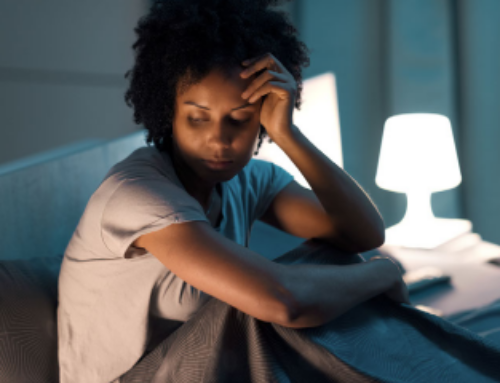Feeling sleepy, bookworms? Chances are you’re not alone. A new survey from the American Academy of Sleep Medicine (AASM) reveals that a majority (66%) of U.S. adults report losing sleep due to reading “past their bedtime.”
Before you crack open your next novel, consider this: Losing sleep to get lost in a book can take a toll on your health, and it’s more common in women than men. The survey found that women (71%) are more likely to lose sleep due to reading a book than men (61%).
If you find yourself losing track of time while reading, it may be time to change up your nighttime routine. Sleep experts recommend setting a bedtime alarm to remind yourself that it’s time to put the book down for the night.
“It can be tempting to try and squeeze in one more chapter of a great book, but everyone should make it a priority to get enough sleep to wake feeling refreshed and alert,” said AASM President Dr. Kannan Ramar. “Consistently waking up feeling unrefreshed, or struggling to stay awake throughout the day, is a warning sign that either you are not getting enough sleep, or you may have an untreated sleep disorder.”
If you are unsure about how many hours of sleep you should be getting, the AASM bedtime calculator can help identify the appropriate bedtime based on your schedule and age. The personalized calculation can help you keep a routine that will provide adequate, healthy sleep, so you can finish your next novel without nodding-off.





